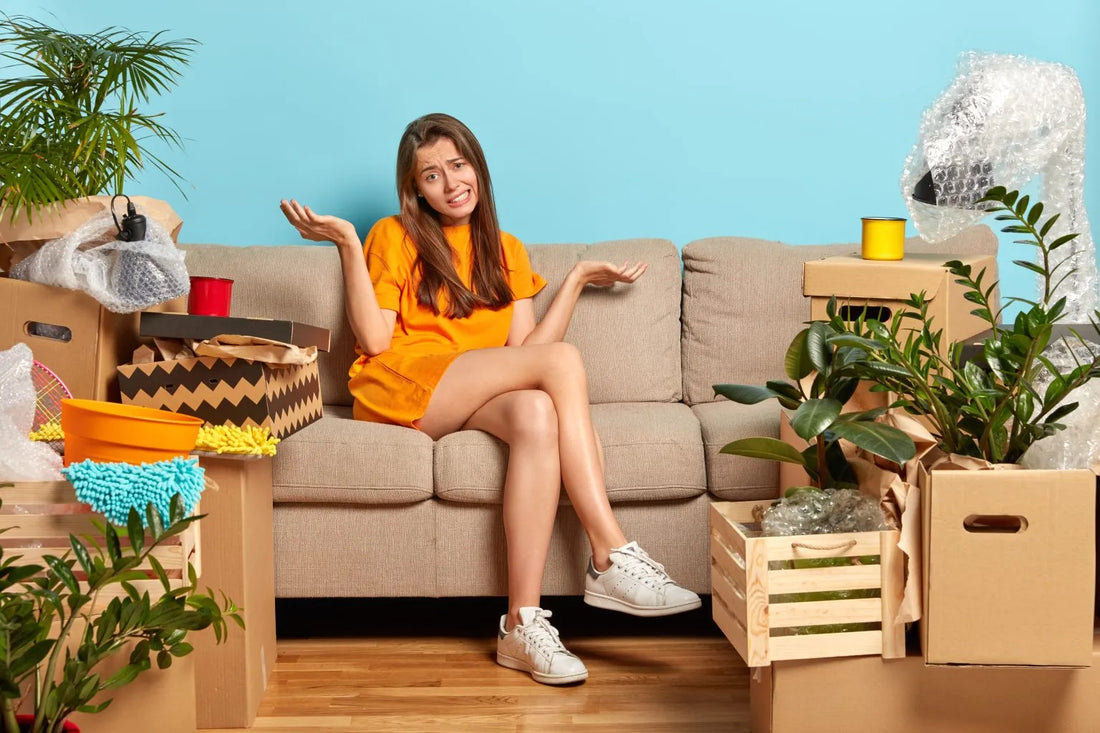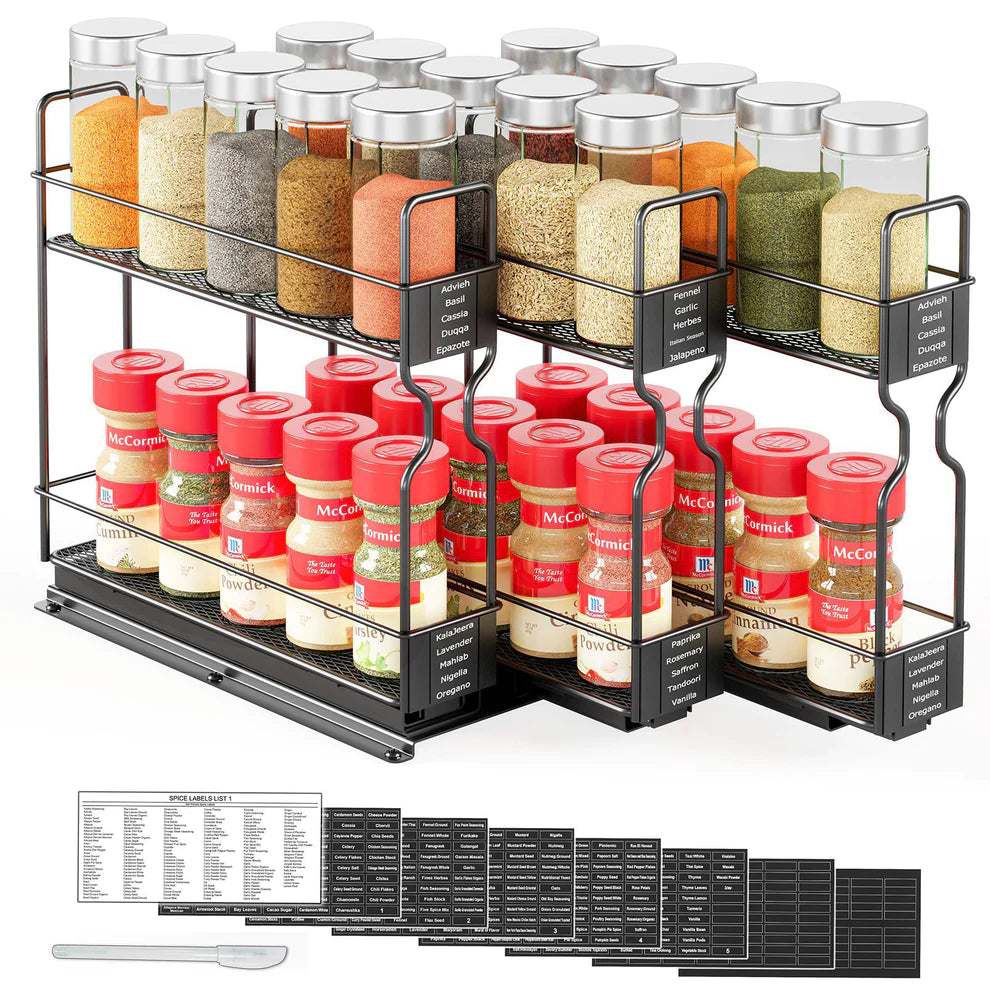
The Psychology of Clutter: Understanding Why We Hold Onto Things and How to Let Go
Subscribe Us
Subscribe to our newsletter and receive a selection of cool articles every weeks
Popular Posts

SpaceAid pull out spice racks can are designed to accommodate a generous quantity...
